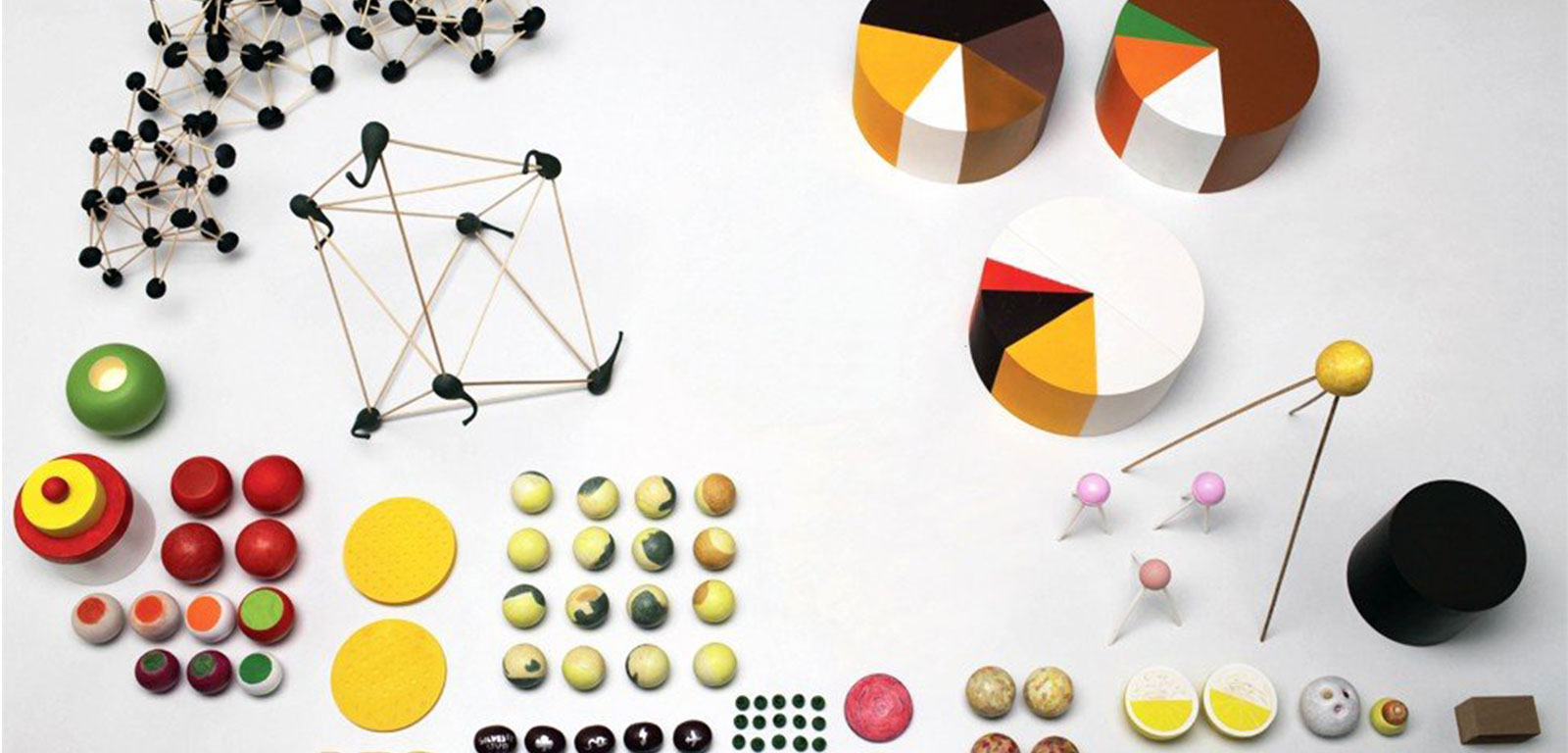

In order to be considered for entry, applicants must have completed:
an undergraduate degree (or a graduate certificate or graduate diploma) in any discipline with a weighted average mark of at least H3 (65%), or equivalent, or
an honours degree in any discipline, or equivalent; and
a curriculum vitae or resume; and
two academic referee reports; and
a personal statement of up to 500 words.
In ranking applications, the Selection Committee will consider:
prior academic performance; and if relevant
the professional or management experience; and
the curriculum vitae or resume; and
the referee reports; and
the personal statement.
For English language tests, we require documentary evidence of having obtained the minimum scores within the previous 24 months.
IELTS: 6.5 (with no band less than 6.0)
TOEFL (paper test): 577 with TWE 4.5
TOEFL (internet): 79 with Writing 21, Speaking 18, Reading 13, Listening 13
Pearson Test of English (Academic): 58-64 inclusive and no communicative skill below 50
The Master of Food and Packaging Innovation is an advanced interdisciplinary degree that combines food science, entrepreneurship and innovation in product and packaging design.
You'll have the opportunity to gain industry experience through an internship with a dynamic business in the food sector to build your network and accelerate your career.
Study the world’s only masters degree in food and packaging innovation at Australia’s number 1 university1, and set yourself up for a career in leadership in a vital and growing sector.
This unique course was developed in collaboration with the food and packaging industries to fill a need for food and food packaging product developers in Australia.
Scientists at the University of Melbourne are working to develop new food products and design innovative packaging to improve food quality and sustainability. Throughout your degree, you’ll be exposed to the latest research in food and packaging while hearing from industry experts via guest lectures.
CRICOS Code: 083118K
More info: Click here
Course structure
87.5 points of core subjects co‐taught across Faculties and Schools
25 points of Internship subjects OR 25 points of Minor Project subjects
87.5 points from a selection of existing elective subjects which will provide skills for diverse career opportunities
Subject options
Core Subjects
The following seven 12.5 point subjects are core to this degree:
Name
Food Processing
Food Safety and Quality
Managing Innovation
Consumers and Consumption
Food Packaging Materials and Processes
Managing for Value Creation
Food Packaging Design
Students are required to complete 25 points of Internship subjects OR 25 points of Minor Project subjects
Internship Option
Students are required to enrol into an internship for a total of 25 points. It is recommended that the internship is completed across two semesters (FOOD90037 MFPI Internship Part 1 and FOOD90038 MFPI Internship Part 2). Students wishing to complete the internship across one semester (FOOD90036) will require approval from the subject coordinator and course coordinator.
Name
MFPI Internship
MFPI Internship Part 1
MFPI Internship Part 2
Minor Project Option
Students are required to enrol into a research project for a total of 25 points. AGRI90070 Minor Research Project is just taken for one standard semester at 25 points. If you wish to study the minor project over an entire year you should enrol into AGRI90079 Minor Research Project Part 1 and AGRI90081 Minor Research Project Part 2 for a total of 25 points.
Name
Minor Research Project
Minor Research Project Part 1
Minor Research Project Part 2
Elective Subjects
Students should select 87.5 points of electives from the following subjects (or other electives approved by the course coordinator).
Please note that you must be able to meet the prerequisites of any individual elective subject listed prior to enrolling in the subject.
Name
Leadership
Sensory Evaluation
Procurement and Logistics
Management Competencies
Food Chemistry
Nutrition Politics and Policy
Commercialisation of Science
Decision Analysis and Project Management
Food Microbiology
Sustainable Food: Policy and Practice
Current Issues in Dairy Science
Meat and Meat Products
The Politics of Food
Value Chain Analysis
New Product Development
Plant Food Products

This flexible degree opens a variety of creative careers in the food industry at local, regional and global levels.
You could work with food sensory (tasting) panels to understand how to develop healthy and appealing products, create biodegradable packaging that also extends shelf life or take part in the development of new foods.
Potential careers include:
Food product development technologist: Develop innovative new food products and ways to present them
Packaging technologist: Identify new, unique and sustainable packaging for food that appeals to customers
Consumer insights specialist: Research consumer behaviour to identify product improvements or develop innovative
